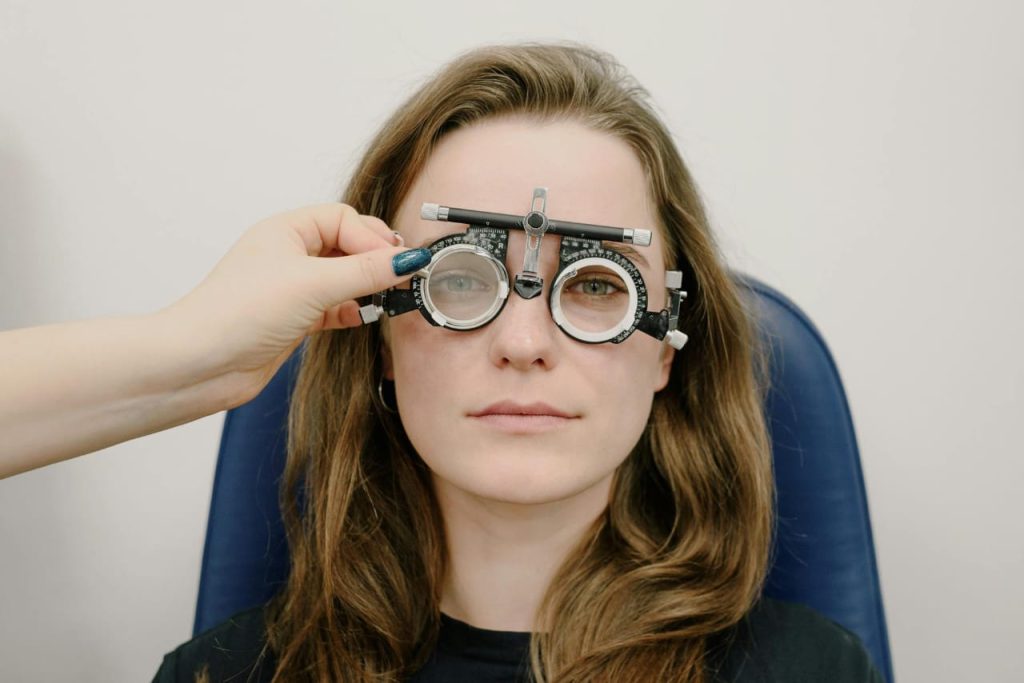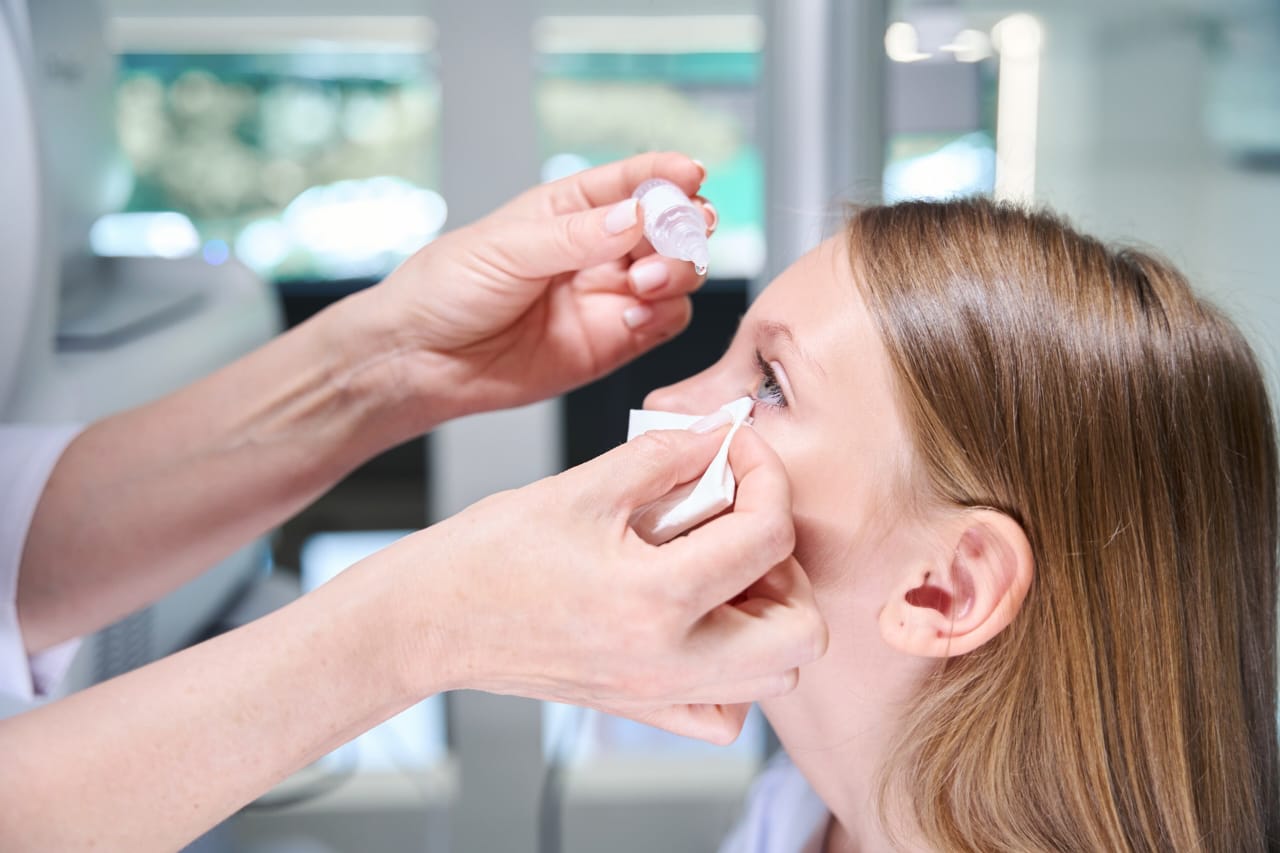Eye tests are an essential part of maintaining good vision and overall eye health. These tests help detect vision problems and eye diseases at an early stage, making treatment more effective. If you’re concerned about improving your eye test results, there are several proactive steps you can take to enhance your vision and eye health. This article outlines practical strategies for achieving better outcomes in your next eye exam.
1. Regular Eye Exams
The first step in improving your eye test results is to schedule regular eye exams with a qualified optometrist or ophthalmologist. Regular check-ups allow early detection of potential issues and can help track changes in your vision over time, facilitating timely interventions.
- Frequency: Adults should have their eyes tested every one to two years, depending on their age, risk factors, and if they currently wear glasses or contact lenses.
2. Maintain a Healthy Diet
Good nutrition plays a crucial role in eye health. Certain nutrients can help prevent or delay the onset of common age-related eye diseases such as macular degeneration and cataracts.
- Vitamin A: Essential for good vision. Found in carrots, sweet potatoes, and leafy greens.
- Vitamin C: An antioxidant that supports the health of blood vessels in the eye. Found in citrus fruits, berries, and tomatoes.
- Vitamin E: Protects the eyes from free radicals. Found in nuts, seeds, and leafy greens.
- Omega-3 Fatty Acids: Promote visual development and retinal function. Found in fishlike salmon and sardines, and flaxseeds.
3. Wear Protective Eyewear
Protecting your eyes from harmful UV light and physical injuries can help maintain your vision and contribute to better eye test results.
- Sunglasses: Wear sunglasses with 100% UV protection to shield your eyes from harmful rays.
- Safety Glasses: Use protective eyewear during activities that could lead to eye injuries, including sports and home improvement projects.
4. Manage Chronic Conditions

Certain systemic diseases like diabetes and hypertension can have a significant impact on eye health. Managing these conditions effectively is crucial for maintaining good vision.
- Regular Monitoring: Keep track of your blood sugar, blood pressure, and cholesterol levels.
- Medication Adherence: Follow your doctor’s recommendations regarding medications to control systemic conditions.
5. Limit Screen Time and Practice Good Eye Hygiene
Prolonged screen time can lead to digital eye strain, characterized by headaches, blurred vision, and dry eyes. Practicing good eye hygiene can help alleviate these symptoms and improve your eye health.
- 20-20-20 Rule: Every 20 minutes, take a 20-second break to look at something 20 feet away.
- Proper Lighting: Ensure your environment is well-lit to avoid eye strain.
- Adjust Screen Settings: Use blue light filters and adjust the brightness and contrast of your screen to comfortable levels.
6. Quit Smoking
Smoking significantly increases the risk of developing eye conditions like cataracts and age-related macular degeneration. Quitting smoking can greatly reduce these risks and improve overall eye health.
7. Use Corrective Lenses as Prescribed
If you are prescribed glasses or contact lenses, wearing them as directed can help improve your vision and prevent the progression of certain eye conditions. Regularly updating your prescriptions is also important to ensure you are using the correct lenses for your current vision needs.
Improving your eye test results involves a combination of regular professional care, proper nutrition, lifestyle adjustments, and proactive management of eye health. By following these strategies, you can enhance your vision, protect your eyes from damage, and potentially improve the outcomes of your future eye exams. Always consult with your eye care provider to tailor a plan that fits your specific needs and circumstances.




